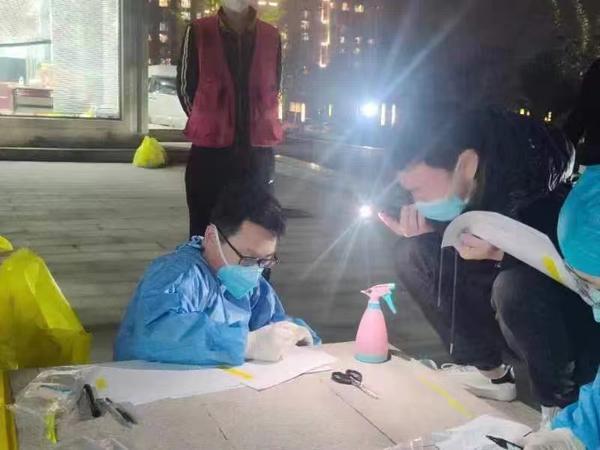In the annals of history, few events have wrought as much global upheaval and introspection as the COVID-19 pandemic. The news reports of this unprecedented crisis have been a testament to humanity's resilience, as well as a microcosm of the world's struggles and triumphs amidst adversity.
From the initial outbreak in Wuhan, China, in late 2019, the news headlines were filled with alarming statistics and the first glimpses of a virus that would soon become a global pandemic. Reports of the unknown pathogen's rapid spread, coupled with the lack of immediate solutions, sent shockwaves across borders. News outlets around the world scrambled to provide updates on the virus's origin, symptoms, and the precautions needed to contain its spread.
As the pandemic unfolded, news coverage shifted from initial confusion to a more nuanced understanding of the virus's impact on various aspects of society. Reports highlighted the heroic efforts of healthcare workers on the frontlines, who bravely battled against the odds with limited resources. The news portrayed heart-wrenching stories of patients struggling for their lives in overcrowded hospitals and the unrelenting grief of families who lost loved ones.
The economic fallout was also a prominent feature in news reports. Businesses closed their doors, unemployment skyrocketed, and economies teetered on the brink of recession. News outlets delved into the intricacies of lockdown measures, their effectiveness in flattening the curve but also their devastating impact on livelihoods and mental health. The discourse on reopening economies was fraught with debates on safety protocols and the delicate balance between economic recovery and public health.
The pandemic also brought to light inequalities that had long been overlooked. Reports highlighted the disproportionate impact on marginalized communities, including those living in poverty, those with pre-existing health conditions, and minority groups who faced additional barriers in accessing healthcare. The news exposed the fragility of global health systems and underscored the need for equitable access to vaccines and medical resources.
In response to these challenges, news reports showcased instances of solidarity and collaboration on an unprecedented scale. Countries shared medical supplies, researchers collaborated across borders to develop vaccines at record speed, and citizens volunteered their time and resources to support their communities. The news highlighted these acts of kindness as a beacon of hope amidst darkness.
The pandemic also sparked a digital revolution in news reporting. With physical gatherings restricted, journalists adapted quickly to remote reporting, social media became a vital platform for disseminating information, and data visualization tools helped in understanding complex health trends. The news media played a crucial role in disseminating accurate information to combat misinformation and misconceptions that thrived during this time.
As the pandemic continues to evolve, news coverage remains vigilant in monitoring its impact on public health, economies, education, and daily life. It serves as a mirror, reflecting both our collective struggles and moments of triumph. The pandemic's news reports are a testament to humanity's capacity for adaptation, innovation, and compassion in the face of adversity. They remind us that while we may be separated by distance, we are united by our shared humanity and our unwavering determination to overcome any obstacle that comes our way.
转载请注明来自爬爬百科,本文标题:《全球新闻报道中的疫情影响,人类奋斗与团结的缩影》












 京ICP备11000001号
京ICP备11000001号
发表评论